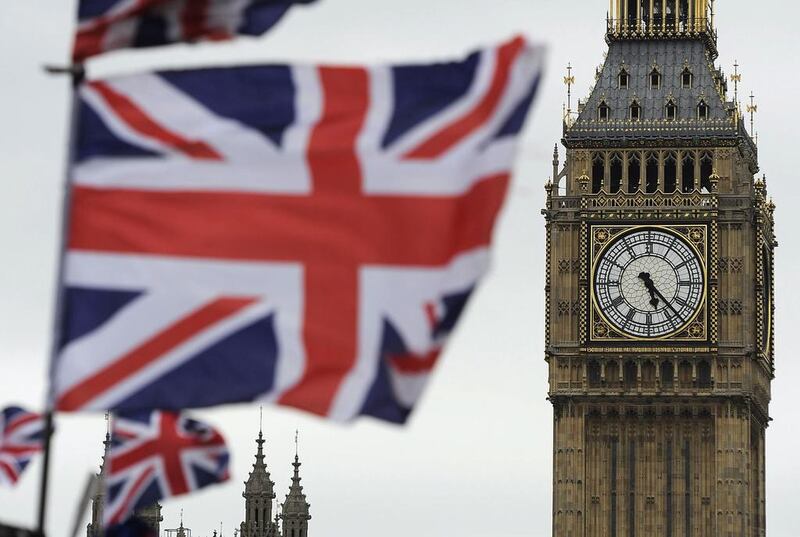A massive power outage across large parts of England and Wales affected almost a million people due to a failure to the UK’s National Grid.
Major disruption worldwide was caused as flights were affected as airports lost power, the UK's major train network was halted and there was further travel chaos as traffic lights went out across London during rush hour.
Across the country, there were reports on social media on Friday evening of rail and road closures as result of the power cut.
UK Power Networks said on Twitter: "We're aware of a power cut affecting large parts of London and South East.
"We believe this is due to a failure on National Grid's network, which is affecting our customers."
While Western Power Distribution (WPD), the electricity distribution network operator for the Midlands, south-west and Wales, said there was a “major incident”.
“We are currently experiencing a major incident on the national electricity infrastructure. We are in the process of restoring customers now and will provide further updates as soon as possible for specific areas. We are sorry for the inconvenience this is causing,” it tweeted.
London commuters faced transport chaos after the UK was hit by a power outage during the Friday evening rush hour, with trains and traffic lights disrupted across the capital and the southeast of England.
National Grid Plc restored the power after issues with two generators were resolved, according to a tweet by the company.
More than 800,000 customers were affected by the disruption, which came after government officials spent months working on proposals to overhaul the nation’s energy industry.
The incident raises questions about the state of the country’s infrastructure, which has had less investment than most other countries in the Organization for Economic Co-operation and Development over the last three decades.
Chancellor of the Exchequer Sajid Javid said Friday, before the outage, that he will publish a National Infrastructure Strategy in the autumn as the UK seeks to boost investment in areas including transport and digital connectivity.
Two power plants, which are not owned or operated by National Grid, went down leaving the network short of energy, said Gemma Stokes, a spokeswoman for the company.
That tripped an emergency system that automatically shut down the grid to protect the system, she said. She didn’t provide further details on the plants that were affected.
The outage struck about 4.50pm and National Grid announced the restoration of supplies about 6.35pm.
Passengers at the City Thameslink rail station in London’s financial district were told to disembark while commuters hoping to board services were held at the ticket barriers.
One train full of passengers emerged from the station into a powerful rain storm.
"It’s an absolute nightmare,” said Gary King, the 53-year-old managing director of recruitment firm Collins King and Associates."The railways aren’t very reliable compared to other countries. Well, why?”
The Conductor, a pub next to the station, was full of drinkers waiting for trains.
Dozens of other passengers began walking or jumping on buses towards other stations to continue their journeys home.
Nick Horsley, 59, a barrister from Brighton on the south coast was attempting to travel back there.
“It’s extremely upsetting on a Friday night," Horsley said. "It used to be slow and uncomfortable, but now it is slow and unreliable. I have just finished a five day trial. I’m tired, and I want to go home."
The power cut led to disruption on multiple rail lines around the capital, including the Gatwick Express and affected services on the London Underground’s Victoria Line.
The Western Power Distribution electricity distribution network, which serves the English Midlands and parts of Wales, said there was a “major incident” on the national electricity infrastructure, before later adding power had been restored to its customers.







